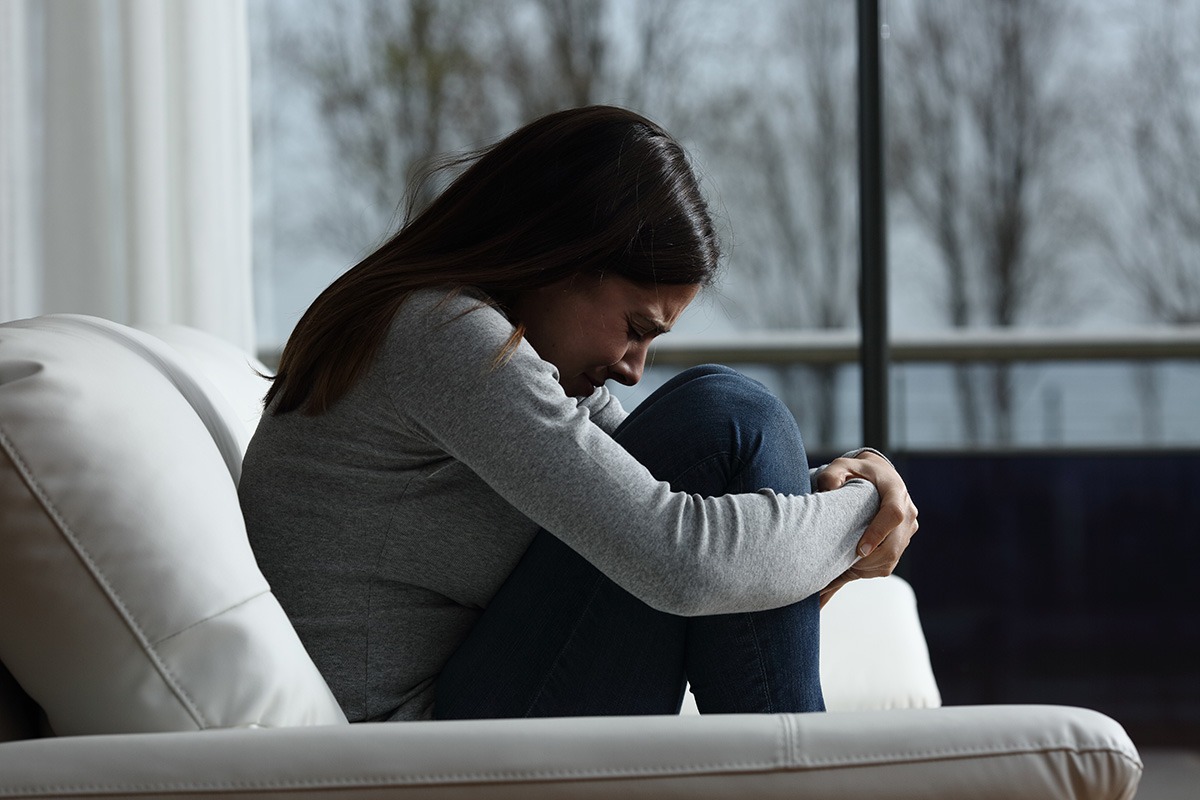Drug treatment is meant to help addicted people stop compulsive drug looking for and use. Treatment can occur in a variety of settings, take numerous different kinds, and last for various lengths of time. Since drug dependency is typically a chronic condition identified by periodic relapses, a short-term, one-time treatment is usually not sufficient.
There are a variety of evidence-based approaches to dealing with dependency. Drug treatment can include behavioral therapy (such as cognitive-behavioral therapy or contingency management), medications, or their combination. The specific type of treatment or mix of treatments will differ depending on the patient's private requirements and, often, on the types of drugs they utilize.
Disulfiram, acamprosate, and naltrexone are medications readily available for treating alcohol reliance,1 which commonly co-occurs with other drug addictions, including dependency to prescription medications. Treatments for prescription drug abuse tend to be similar to those for illicit drugs that impact the very same brain systems. For example, buprenorphine, used to treat heroin addiction, can also be utilized to deal with addiction to opioid pain medications.
Behavior modifications can help encourage individuals to take part in drug treatment, offer methods for handling drug cravings, teach methods to avoid drugs and avoid relapse, and help people deal with relapse if it occurs. Behavior modifications can likewise assist individuals enhance interaction, relationship, and parenting abilities, in addition to family dynamics.
Group therapy can provide social support and help implement behavioral contingencies that promote abstinence and a non-drug-using lifestyle. Some of the more established behavioral treatments, such as contingency management and cognitive-behavioral therapy, are also being adapted for group settings to enhance effectiveness and cost-effectiveness. However, especially in adolescents, there can also be a threat of unexpected hazardous (or iatrogenic) results of group treatmentsometimes group members (specifically groups of highly delinquent youth) can reinforce substance abuse and thereby derail the function of the treatment.
Since they work on different aspects of dependency, mixes of behavior modifications and medications (when available) usually appear to be more effective than either method used alone. Finally, individuals who are addicted to drugs frequently experience other health (e.g., depression, HIV), occupational, legal, familial, and social issues that ought to be dealt with simultaneously.
How How To Open A Drug Rehab Home can Save You Time, Stress, and Money.
Psychoactive medications, such as antidepressants, anti-anxiety agents, state of mind stabilizers, and antipsychotic medications, may be critical for treatment success when clients have co-occurring mental illness such as depression, anxiety disorders (consisting of trauma), bipolar disorder, or schizophrenia. In addition, many people with severe addiction abuse several drugs and require treatment for all drug abuse.
When thinking about addiction treatment, you may be questioning what you can expect throughout a basic day in rehabilitation. There are lots of kinds of substance abuse treatments out there, however many follow a basic framework of treatments. Residential inpatient treatment centers are really structured and arranged, with similar activities and therapies in a lot of centers.
Depending on the setting and the features offered, everyday activities may vary. Here is an example of what a common day in treatment might look like: Sleeping in is not part of the program, so expect to increase early in the morning to enjoy a healthy breakfast. Some programs offer morning classes such as yoga or meditation to assist you start the day in an unwinded state of mind.
I fulfilled a great deal of fantastic people and found out how to change my old habits every day Go in with an open mind and want. Do it for you, not anybody else.- Ryanna, recuperating addictThere is frequently a group session following breakfast led by a therapist or therapist that focuses on subjects related to the treatment procedure, the 12-step program, dependency and recovery. how often does drug rehab work.
These daily meetings, in the safety of a regulated healing environment, will assist you to begin to recognize patterns of habits you can alter or certain triggers to prevent post-treatment. The middle of the day provides the most intensive treatment. After a healthy lunch, it is normal to start a series of therapeutic sessions.
CBT develops in on your behavioral reactions to particular triggers. When those are recognized, the therapist will direct you towards brand-new, healthier reactions to those triggers. The individually treatment sessions provide a safe environment for you to feel free to open up and share your fears and issues, permitting the therapist to offer tools and alternative behavioral responses to these sources of anxiety.
The Best Guide To Recidivism Rates Among Drug Offenders Who Go To Rehab
It can be very advantageous to the participants to share their personal stories with one another to permit psychological recovery. The group members frequently develop a sense of fellowship during the weeks in rehabilitation, and as trust grows they become more open in their sessions and develop a genuine compassion and understanding for each other's fights.
These could be tailored for anger management, tension management or sorrow therapy, using coping methods to help improve your capability to manage concerns in a controlled manner instead of feeling the need to utilize drugs or alcohol. Household support can be a crucial treatment component, which is why most drug treatment centers include it in their programs.


Throughout the family therapy sessions, lots of issues are resolved and sensations are dealt with. Intrinsic to the long-term success of any compound abuse treatment program, household involvement aspects greatly in future support for the addicted individual after they are discharged. In addition to therapy, rehabs might likewise host speakers who share their own stories, offering residents a sense of hope about their own future.
Some drug and alcohol treatment centers have various additional therapies available, providing more of a range of options. Alternative therapy kinds may consist of: Do not lose another second. Enter your number to get a callfrom a compassionate treatment specialist. Telephone http://brookspmpm337.wpsuo.com/what-does-how-to-get-court-ordered-rehab-do - OR - Demand a CallThere are normally Learn here a couple of hours of spare time available in the afternoon to be used however the resident selects.
Some people select to spend downtime reading or journaling and others may utilize the time for prayer or meditation. After dinner, there might be another short group session. Generally, a 12-step program is readily available at nights, which is extremely advised. The conferences offer a safe, respectful and confidential environment in which fellowship can be cultivated which acts as an intrinsic aspect for long-term sobriety.
By getting enough sleep, customers are more alert and have more energy to experience peak participation in daily treatment. Now that you understand what to expect for a typical day in drug rehabilitation, it's time to find the ideal place to start your treatment. Speak to a treatment provider to find the ideal treatment center for your addiction.
How What Does Drug Rehab Cost can Save You Time, Stress, and Money.
According to the Drug Abuse and Mental Health Solutions Administration, more than 20 million people needed compound abuse treatment in 2015. Rehabilitation is a carefully crafted procedure that offers individuals struggling with dependency their best opportunity to handle their condition on a long-term basis. Residential or inpatient rehab is a form of addiction treatment that provides clients with 24-hour care under the supervision of experts - what drug did the situation go to rehab for.